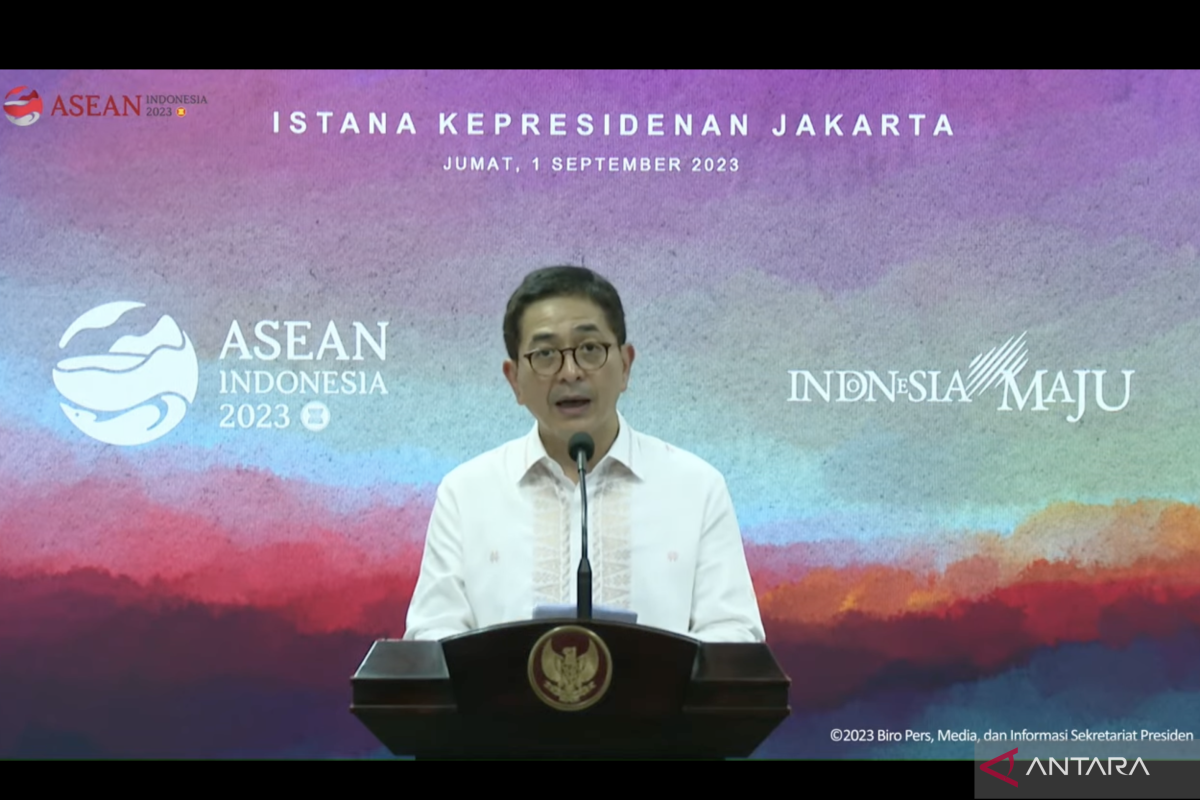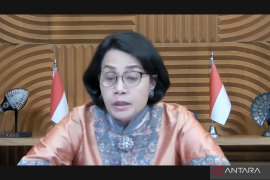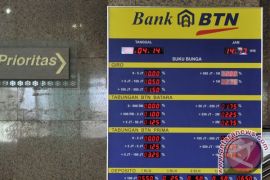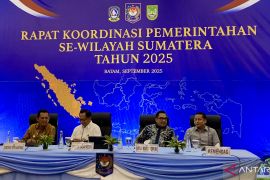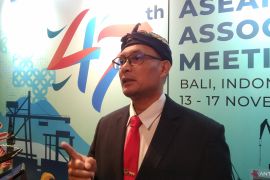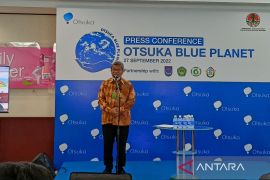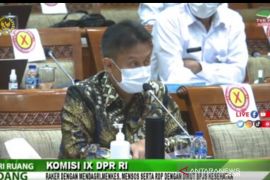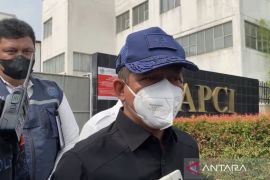"The ASEAN-BAC has provided policy recommendations from each ASEAN country to be considered as a strategy to realize ASEAN as the epicentrum of growth," Rasjid informed during a press conference at the 2023 ASEAN Business and Investment Summit in Jakarta on Friday.
Under Indonesia's chairmanship, the ASEAN Business Advisory Council (ASEAN-BAC) organized the ASEAN Business & Investment Summit 2023 that bring together more than 2,000 world leaders, CEOs, and senior executives representing multinational and regional corporations.
He said that ASEAN-BAC has also explored a number of economic potentials, namely the potential of the ASEAN market, since the region has shown strong economic growth, which reached 5.7 percent in 2022.
In the future, in line with the service sector's recovery, trade in goods is expected to grow by 14.9 percent, or equivalent to a value of US$3.8 billion, he added.
Intra-ASEAN trade has also shown positive performance, registering a growth of 21.3 percent in 2022 and accounting for 22.3 percent of the total trade in ASEAN, Rasjid noted.
The flow of foreign direct investment (FDI) to the region has also shown resilience, growing 5.5 percent to reach US$224 billion in 2022. Intra-ASEAN FDI contributed 12.3 percent to the total ASEAN FDI.
For this reason, Rasjid said, efforts to strengthen the economy will be focused on the region's internal potential to achieve development progress.
The forum has also studied the complementary relationship between ASEAN countries, which has become the region's intrinsic strength. According to him, inclusive and harmonious collaboration can strengthen ASEAN's competitiveness and help the region become an influential player at the global level.
One of the collaborations that is currently being encouraged is the development of an electric vehicle ecosystem. Rasjid said that ASEAN has great potential to become the mainstay manufacturing center for electric vehicles and the electric vehicle ecosystem.
Furthermore, ASEAN leaders have also signed the Regional Electric Vehicle Ecosystem Development Declaration in May 2023 as a form of commitment to the development of electric vehicles in the region, he informed.
According to Rasjid, ASEAN's potential for electric vehicles and their ecosystem has been supported by the large reserves of nickel in Indonesia and Vietnam as well as Thailand's policies, which have helped keep the prices of electric vehicles affordable.
Within this commitment, government-business collaboration and cross-border interactions are needed to realize development goals, he disclosed.
In addition, partnerships between the private sector and the government need to be encouraged to realize the vision of ASEAN 2045. Even though the policies have been designed by the government, businesses and public institutions can contribute to achieving the goal.
"Over the past year, ASEAN-BAC has designed guidelines to accelerate ASEAN's growth," he said.
Rasjid informed that ASEAN-BAC has compiled eight programs for ASEAN's economic integration. The programs cover a commitment from the business sector to advance MSMEs, improve digital connectivity and infrastructure, develop the carbon market potential, and build a resilient food security and health system in the region.
Related news: ASEAN needs extraordinary strategy amid global challenges: Widodo
Related news: Complementary economy can make ASEAN center of growth: Council
Related news: Widodo, Canadian PM to hold bilateral meeting during ASEAN Summit
Translator: Imamatul Silfia, Resinta S
Editor: Sri Haryati
Copyright © ANTARA 2023
